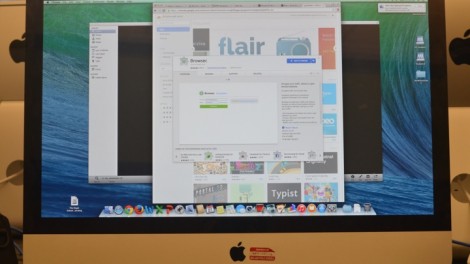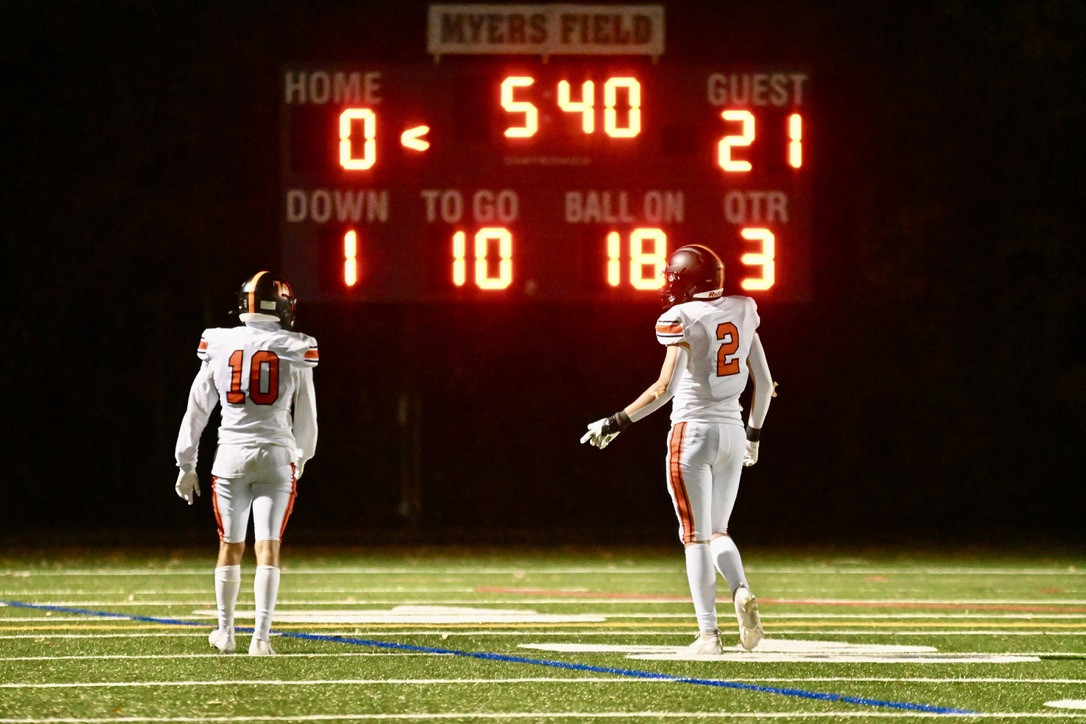
The WHS technology department has sent out an email to WHS parents about the Google Chrome extension Browsec. Every student who has downloaded the extension has been identified and sent a letter. These students must attend a mandatory meeting tomorrow at 7 a.m. in the Auditorium.
Browsec is a Google Chrome extension that, according to the Chrome Store’s description, “encrypts your traffic” and allows users “to open blocked websites.” For WHS, Browsec allows students to get around the school’s firewall and access blocked websites such as Netflix and Facebook. According to the email, what students don’t know is that the makers of Browsec are now able to “identify, track and sniff the traffic” of its users. Every keystroke, including credit card numbers, are collected. When you install the extension, you give over your right to this privacy. This violation of the school’s network security is the main reason the technology department bans the use of proxy servers.
The technology department became aware of the use of Browsec when looking for security violations at the end of March.
According to technology specialist Mary Barber, teachers used the extension as well, and the extensions were removed. With students, they must remove the extension themselves.
Use of a proxy server like Browsec is a direct violation of the acceptable use policy (AUP) that every student signed upon receiving their laptop. Normally, a violation like this would result in computers being taken away for a period of two weeks, but the AUP’s disciplinary actions have been changed. There is no punishment for previously having used a proxy server besides having to go to the meeting, but if a student installs anything that performs as a proxy server after Wednesday, May 6, they will be removed from the school’s wireless network without being notified.





































Alex • Aug 22, 2015 at 5:03 AM
As a co-founder of a company behind Browsec, I must say that this article is factually incorrect when it comes to our software. In particular, we’re unable to “identify, track and sniff the traffic of its users.”. We don’t collect passwords, keystrokes or credit card information either. In fact, doing so would violate both our and Google Chrome Web Store policies.